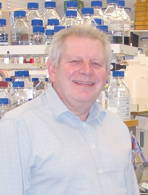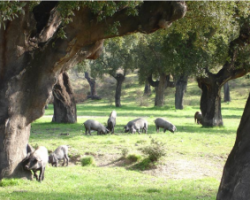
Gain-of-function experiments: Putting meaning back into words
Professor Simon Wain-Hobson, professor of virology at the Institut Pasteur, will be speaking at Policy Lates on Thursday 20 November: Dodging a Biological Bullet: What can we learn from the US and Europe about biosecurity? The US pause and de facto moratorium on gain-of-function research on the influenza, SARS and MERS viruses provides a welcome opportunity for the virologists. It should not be wasted. First, we must put meaning back into words. Gain-of-function (GOF) was coined to efface the negative connotations of ‘Dual Use Research of Concern’. GOF is not a run of the mill experiment. It means deliberately selecting for viral variants so that the resulting strain is more dangerous for humans. This can mean stabilizing the virus making it more infectious, increasing its pathogenicity, or changing the transmission route of the virus. For example, the bird flu virus, H7N1, has been engineered so that it is very probably transmissible between…





